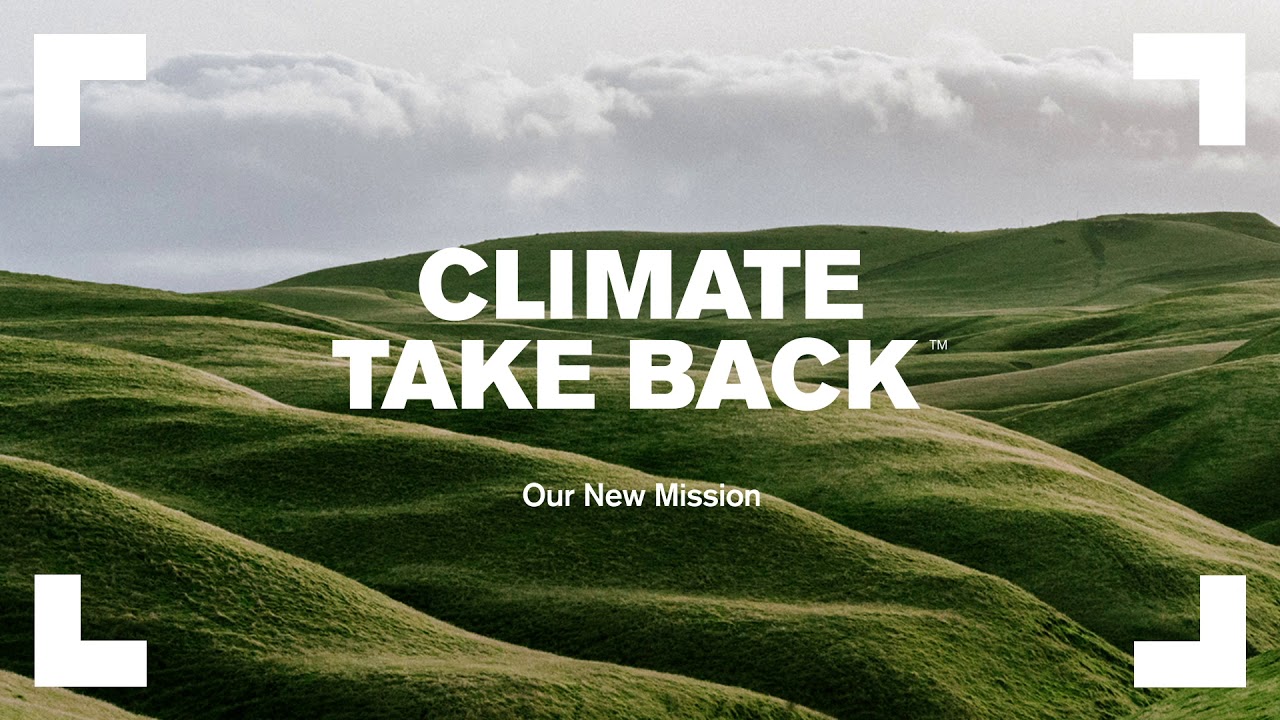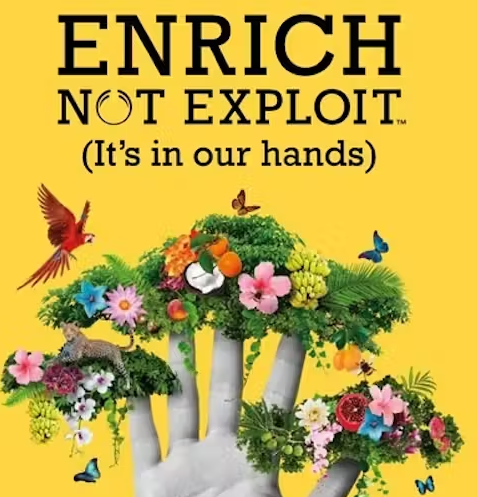SW News
Embracing Big Ideas

Embracing Big Ideas
So…here we are. One month in to a new year. After what felt like weeks of keeping our heads down to get to the finish line of 2021, we’re finally looking up again! Time to re-energise. Re-focus. Re-set the ambition for the year ahead.
As always in SW, at the start of the year we are reminded of the unrelenting ticking of the climate crisis clock. We feel a renewed sense of urgency to do work that has real impact, to encourage action that is transformative rather than incremental.
Such transformation requires big ideas. And the ‘big ideas’ conversation is one we’ve had with several of our clients over the last few weeks. There is a genuine appetite to think about actions or initiatives that would be game-changing, that could help an organisation, or indeed a whole sector, leap forward on its sustainability journey.
Big ideas are powerful for many reasons. They catch our imagination. They help us visualise a different reality or future and make us want to get there. The best ideas feel so brilliant as to seem like a no-brainer – an inevitability.
This is the case with ‘regeneration’ – the big idea that is heralded as the next frontier for sustainability. Where sustainability strategies or approaches seek to do no harm (to people and the environment), regenerative approaches seek to restore, enhance and create more good. A regenerative approach can be applied at many different levels – think regenerative economy, regenerative business model, regenerative agriculture, regenerative leadership. In a world built on regenerative principles, purpose, people, planet and profit all thrive together.
Sounds pretty amazing, doesn’t it? In this newsletter we dip our toe into the world of regenerative thinking with a view to inspiring you to go forth into 2022 embracing big ideas.
Our January Top 5
- The reality of emissions cuts: this article reports on the discussions that took place between politicians and scientists over Ireland’s proposed five-year carbon budgets. It shows the tensions that emerge when we are faced with the realities of what it means to drastically cut emissions. (Irish Times)
- Moving beyond greenwashing: this excellent Harvard Business Review article talks about how companies can practice authentic sustainability. It describes five key “business activism” practices that will help business leaders affect real change. (HBR)
- Larry Fink’s letter: this article summarises 8 key takeaways from Blackrock CEO Larry Fink’s annual letter where he explained that stakeholder capitalism is not ‘woke’. (Fast Company) Meanwhile, Aviva Investors said they would be holding Boards and Directors to account on key ESG issues including the climate crisis, biodiversity loss and human rights. (Edie)
- A big idea for transport: popular Irish economist, David McWilliams, pitched a big idea in his most recent column in the Irish Times weekend edition. He called for public transport in Ireland to be made completely free and showed how the economics, as well as the carbon numbers, stack up. (Irish TImes)
- Tony’s chocoloney sparks big conversations: to create big thinking we need to have big conversations and that’s what ethical chocolate brand Tony’s Chocoloney is trying to do with it’s latest campaign where wrappers are emblazoned with questions on justice, equality and humanity. (Sustainable Brands)
Regenerative Agriculture
The area where regenerative thinking and practice is most advanced and has been most applied to date is agriculture. It’s not yet happening at scale, but regenerative agriculture represents the single biggest and best idea we have for how to feed the world without destroying the planet. In fact, as this short video from EIT Food explains, regenerative agriculture can draw down carbon from the atmosphere and has the potential to actually reverse climate change.
Here in Ireland, support for regenerative agriculture is growing, driven by initiatives like Farming for Nature. Bord Bia and its Origin Green programme also recognises that regenerative agriculture is a major trend. This report by Charis Aherne and Stephen Tummon – two of Bord Bia’s 2021 Origin Green ambassadors – is a good overview of what regenerative agriculture is all about and the opportunity it presents for Ireland.
Regenerative Capitalism
It sounds like an oxymoron, but regenerative capitalism – the term coined by the former boss of JP Morgan, John Fullerton – describes a new economic system that restores and builds rather than destroys and exploits. Fullerton’s non-profit organisation, the Capital Institute, aims to reimagine traditional economics and finance and build the foundation for a regenerative economy. The website has various talks explaining what the concept of a regenerative economy is. We like this one, even if it is a little high brow!
For a simpler explanation, check out this article from the WEF.
Inspiration: Interface’s Climate Take Back
Carpet tile manufacturer Interface has long been at the forefront of progressive approaches to sustainable business. Founder and former chairman, Ray Anderson, had an epiphany in the early 90s after reading Paul Hawken’s ‘The Ecology of Commerce’ book. From that moment on, he set out to create the world’s first environmentally sustainable and, ultimately, restorative company.
His work led to the company’s famous Mission Zero sustainability strategy and then its most recent iteration – a regenerative strategy called ‘Climate Take Back.’ This includes ideas such as the ‘Factory as Forest’, where Interface’s factory aims to not only be net-zero carbon, but to ‘give back’ to nature by providing ecosystem services. Check out the Climate Take Back plan for lots of ideas and inspiration.
A Framework for Regenerative Business
What We’re Watching
What We’re Reading
What We’re Listening To
Sustainability Jobs
- World Green Building Council, Sustainable Finance Lead
- Director Sustainability, Cushman & Wakefield
- Head of Sustainability, JLL
- Sustainability Engagement Lead, Twitter
- Head of Sustainability, Kepak Group
- Project Manager – Corporate ESG Reporting, Glanbia
- Data Analyst – Sustainability, Glanbia
- Climate change specialist, Ornua
- Sustainability Manager, Bechtel Corporation
- Climate & Sustainability Analyst, Aer Lingus
- Energy Markets Policy Manager, Eirgrid
- Lending – Sustainability Lead, Recruitment firm
- Sustainable Commuting Coordinator, Green Workplaces
- Sustainable Travel Facilitator, CPL
- Director of People, UK & Ireland, Toast (Dublin based)
- Diversity, Equity and Inclusion Lead, William Grant & Sons








